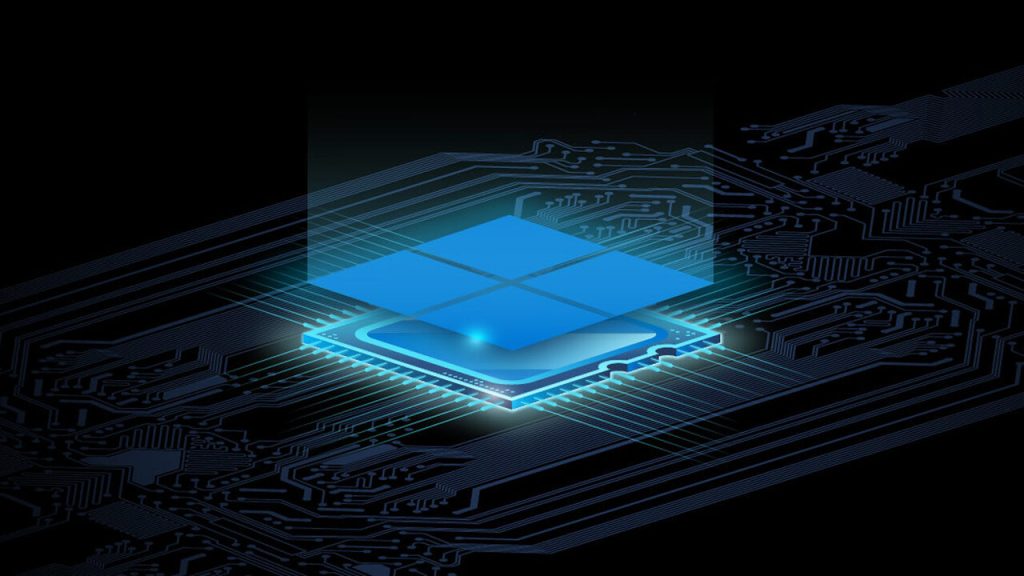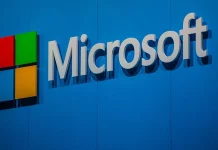Windows 11 has been on the scene for some time now, but the focus has been less on its features and more on its system requirements. Microsoft’s “high standards” have made it incompatible with many hardware configurations, affecting its popularity. Rumors suggest that Microsoft is developing a new version. Possible Windows 12 hardware requirements already leaked. Will users find these more satisfying? Here are the details…
User Backlash Expected for Windows 12 Hardware Requisites
As Windows 11’s system requirements have been controversial, people are eager to learn what Windows 12 might bring. While its official release is still a few years away, some early hardware requirement details have surfaced, hinting at what the next Windows generation could involve. German publication Deskmodder reports that Microsoft has been working on Windows 12, codenamed “Next Valley,” since February 2022.

Rumors indicate that Windows 12 could require at least 8GB RAM, doubling Windows 11’s requirement. There’s no word on storage requirements, but some speculate Microsoft might drop hard disk drives (HDD) in favor of solid-state drives (SSD) for software installation – a rumor that didn’t pan out for Windows 11 but could still happen for Windows 12.
The operating system is expected to be compatible with Intel’s 14th Gen Meteor Lake-S desktop processors. Devices with these CPUs may be among the first to run Windows 12. However, limited information is available on Meteor Lake-S, and no direct connection has been made between the component and Windows 12 yet.
In terms of security, Windows 12 will likely use the same TPM 2.0 Trusted Platform Module as its predecessor for its security crypto-processor. Microsoft has been testing SHA-3 (Secure Hash Algorithm 3) support in a recent Insider Build, which might make its way into the new OS. Windows 12 might also support the Pluton coprocessor, which debuted on Ryzen 6000 mobile CPUs in January 2022. This feature would further enhance the system’s capabilities and offer increased compatibility with next-gen hardware.
RELATED:
- OPPO Find X6 vs OnePlus 11: Specs Comparison
- Nubia Z50 Ultra Full Review: Men will definitely love it
- Realme Narzo N55 to Launch in India in April, Memory and…
- Tipster hints the Razer Blade 14 2023 will feature an AMD Ryzen 9 SoC…
- Huawei P60 Series Launched in China with 120Hz Display, 48MP Triple Cameras, & Satellite Messaging
(via)







